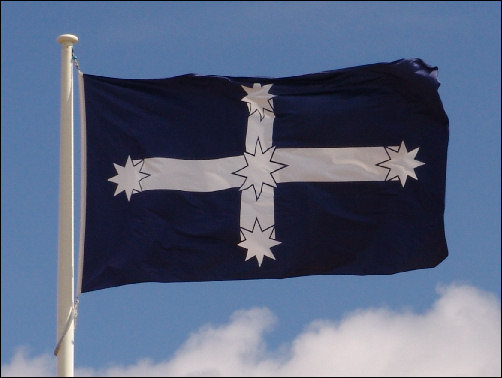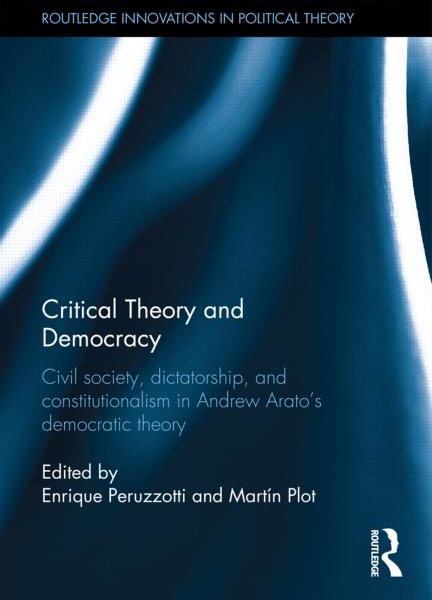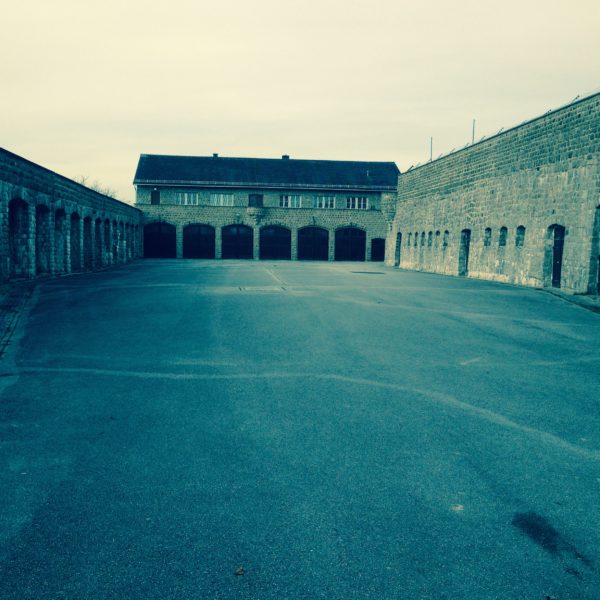
For the past two weeks I have made my annual pilgrimage with university students to Vienna, which because of the strong United Nations presence and the hundreds of NGOs specializing in international humanitarian services and outreach is often known as the “gateway city” for globalization.
We always end the course with a two-hour train ride west of the city along the Danube to the Denkstätte (“memorial”) that is the Mauthausen Concentration Camp, an originally preserved site of the monstrous brutality and anti-human obscenities inflicted on a vast diversity of different peoples now at least 70 years ago by the Third Reich.
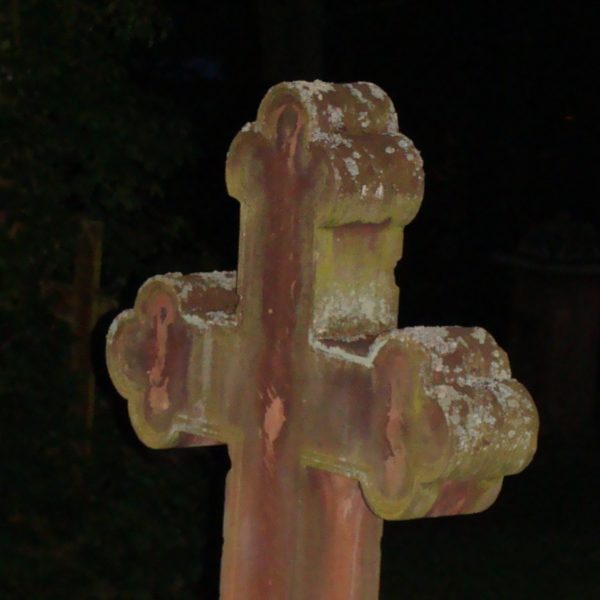
The emergence of a new critical theory for the 21st century, exemplified in the writings of such theorists as Foucault, Agamben, Žižek, and Badiou as well as in such zones of contemporary discourse as biopolitics and globalization theory, has tremendous yet still uncharted consequences for theological thinking.
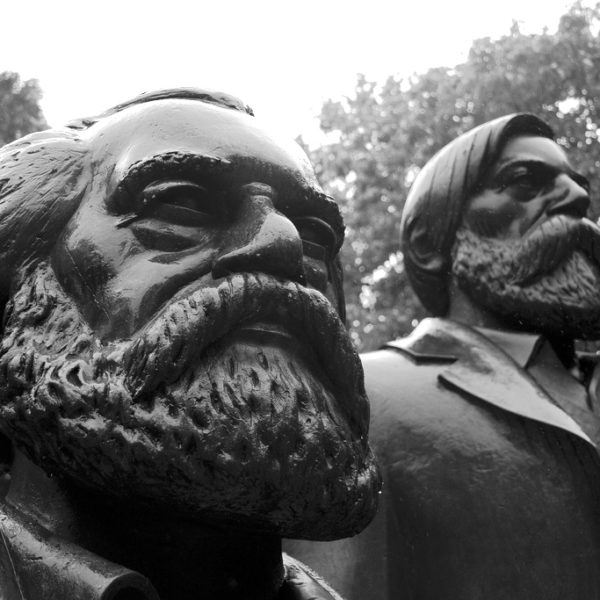
I would like to change direction a little in this reflection on one hundred years of political theology. My interest for some time has been the complex intersections – or translations – that take place between Marxism and religion. I find unpersuasive the assertion that Marxism is a secularised or pseudo-religion, a political movement that relies upon a religious framework in order to develop its positions. This is to fall into the double-trap of a secularisation narrative and making theology an absolute and thereby the source of all modern political thought.
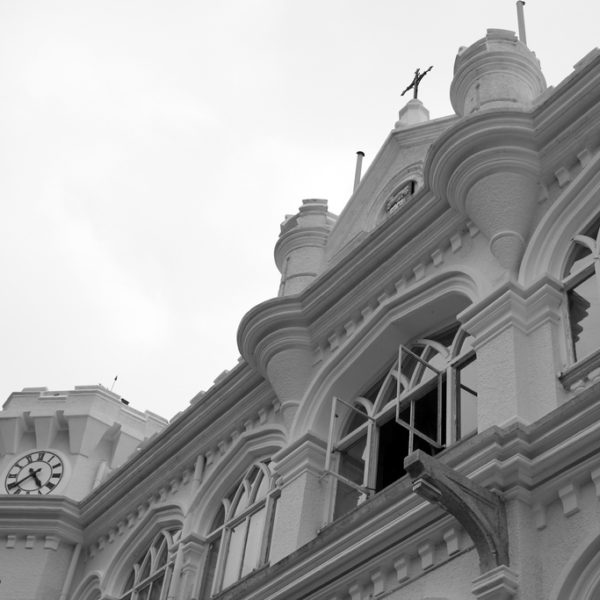
During the late 1920s, as the world economy careened headlong toward an economic disaster that would soon befall it, a group of European thinkers and critics steeped in both German idealism and Marxist activism converged on Frankfurt, Germany to provide identity and notoriety for the recently established Institute for Social Research at the university there.
Within time, the assemblage of now famous philosophers and cultural theorists associated with the institute, such as Juergen Habermas, Max Horkheimer, Walter Benjamin, Herbert Marcuse, and Erich Fromm, came to be known as the Frankfurter Schule (“Frankfurt School”).
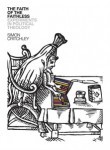
Critchley’s new cookbook for experimentation with quasi-, proto-, or post- political forms of association is compelling, often beautiful. Indeed, one cannot help but be struck by the way such good writing, such clear formulations, of our contemporary political scene have emerged under the rubric of the theologico-political (assuming here that alongside Critchley’s book we could also name Paul Kahn’s Political Theology, Giorgio Agamben’s Power and the Glory, and Eric Santner’s Royal Remains, all important figures in my little pantheon of ‘where we are today’). And while this clustering of such forceful cultural diagnoses under the aegis of political theology for me still feels surprising, maybe this surprise is just the point, an indication of a form of sensibility that has not yet become common, tired, worn out. In any case, this is a surprise worth reflecting on in the sense that we could wonder aloud about why it is that– at this particular moment in time– an attention to the theologico-political seems to focus very directly and illuminatingly on those contemporary paradoxes, deadlocks, or experiences of what Boris Groys explores so provocatively in his Communist Postscript as being oddly “stuck” in and with the problem of the common and the shareable.
